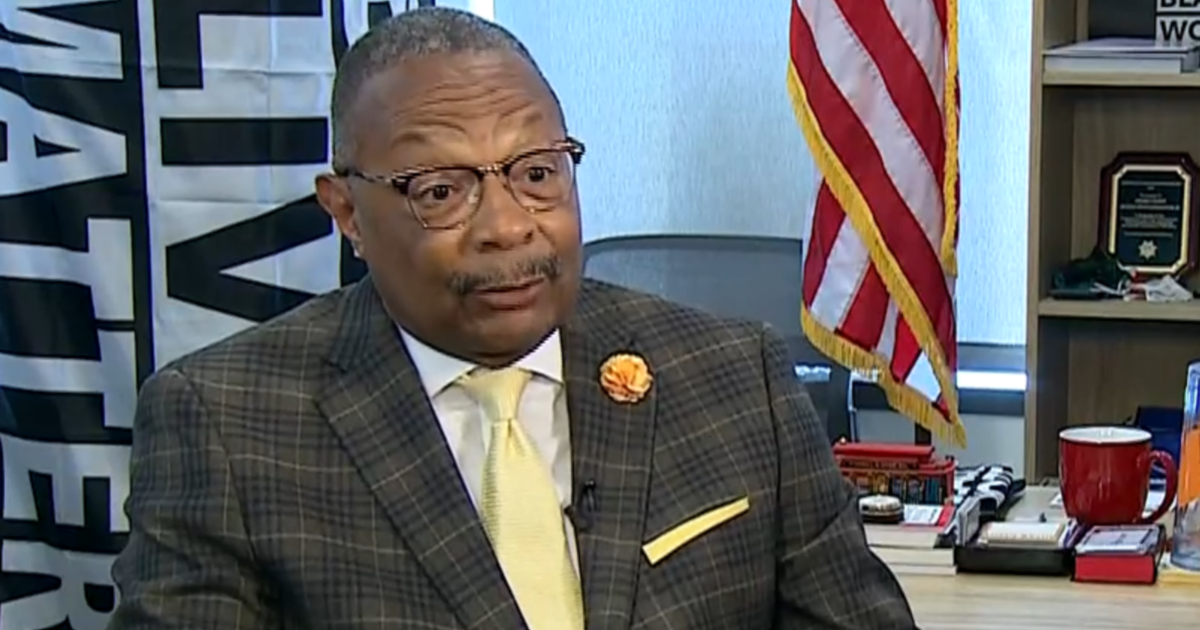#California lawmakers to weigh over 100 recommendations from reparations task force

Table of Contents
After conducting over two years of research and holding public hearings, the task force presented its findings and recommendations to lawmakers last week.
The proposed measures extend beyond monetary compensation to include suggestions like tuition-free college education for eligible individuals and funding for wellness centers in predominantly Black neighborhoods.
Assembly Member Reginald Jones-Sawyer, a member of the reparations task force, said he intends to use its findings to draft a reparations bill to fellow lawmakers. He is expected to propose a bill in 2024.
“Not being able to own your own businesses, not being able to have access to capital, not being able to be hired and move up and matriculate — all of those things kept us from being able to rise naturally,” Jones-Sawyer said.
According to economists from the task force, descendants in California have suffered a loss of over $500 billion in wealth due to factors like over-incarceration, shortened lifespans, and the devaluation of Black-owned businesses.
Although cash payouts may not reach this figure, the specifics of the reparations program will be determined by lawmakers.
Jones-Sawyer believes that California can serve as a model for national reparations efforts.
“We may not totally get there, but we’re going to be so much better than if we have never done anything,” said Jones-Sawyer.
Gloria Pierrot-Dyer, whose ancestors were forced to work on plantations in Georgia and Louisiana, is among those who support the initiative.
An earlier generation of her family fled after a relative was lynched, and eventually settled in California’s historically Black community of Allensworth in the 1950s. She witnessed firsthand during her childhood her father’s struggle to secure a loan for a well on their farm — a loan that could have helped them succeed, she said.
“We could have been so much farther. There were so many things we could have done had we had water,” Pierrot-Dyer said.
A recent Pew Research Center survey reveals that while over half of Americans acknowledge the enduring impact of slavery on Black Americans today, views on reparations are sharply divided. The survey found only 18% of White Americans support reparations for the descendants of enslaved people, compared to 77% support among Black Americans.
Bob Woodson is among the 17% of Black Americans who do not favor reparations. Woodson said he believes reparations distract from the focus on individual resilience and the efforts to overcome past injustices.
“It’s part of our past. It was brutal. Oppression is part of the story and it should be told. But we should never define ourselves by what disabled us,” said Woodson.
If you liked the article, do not forget to share it with your friends. Follow us on Google News too, click on the star and choose us from your favorites.
For forums sites go to Forum.BuradaBiliyorum.Com
If you want to read more News articles, you can visit our News category.




